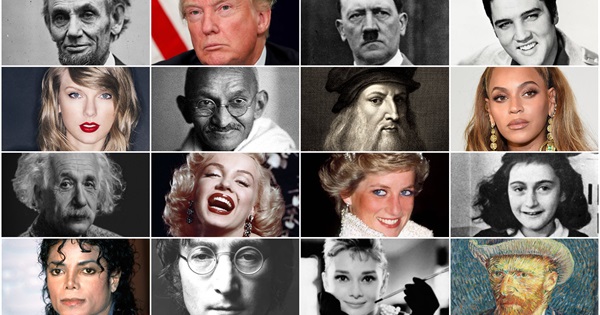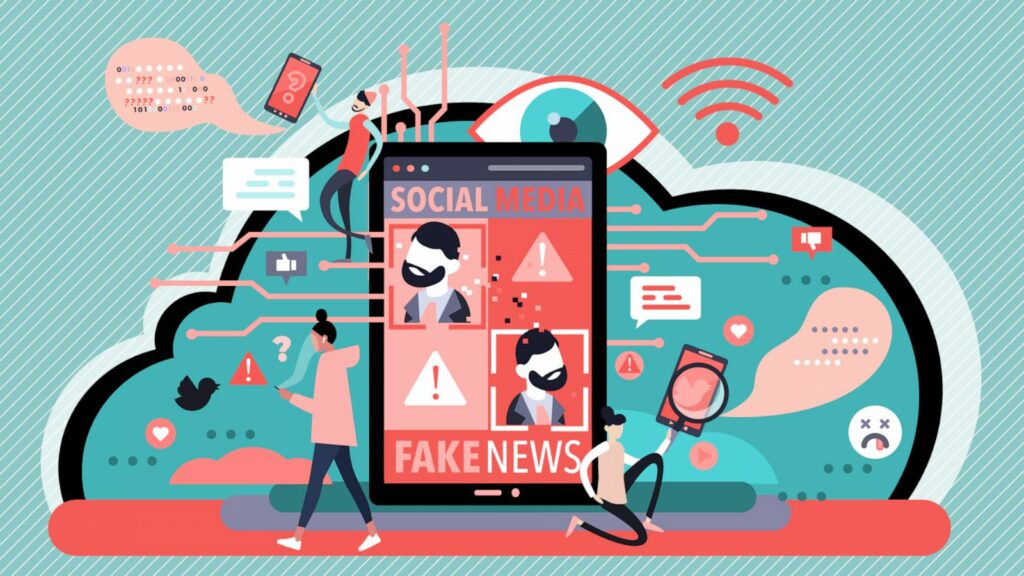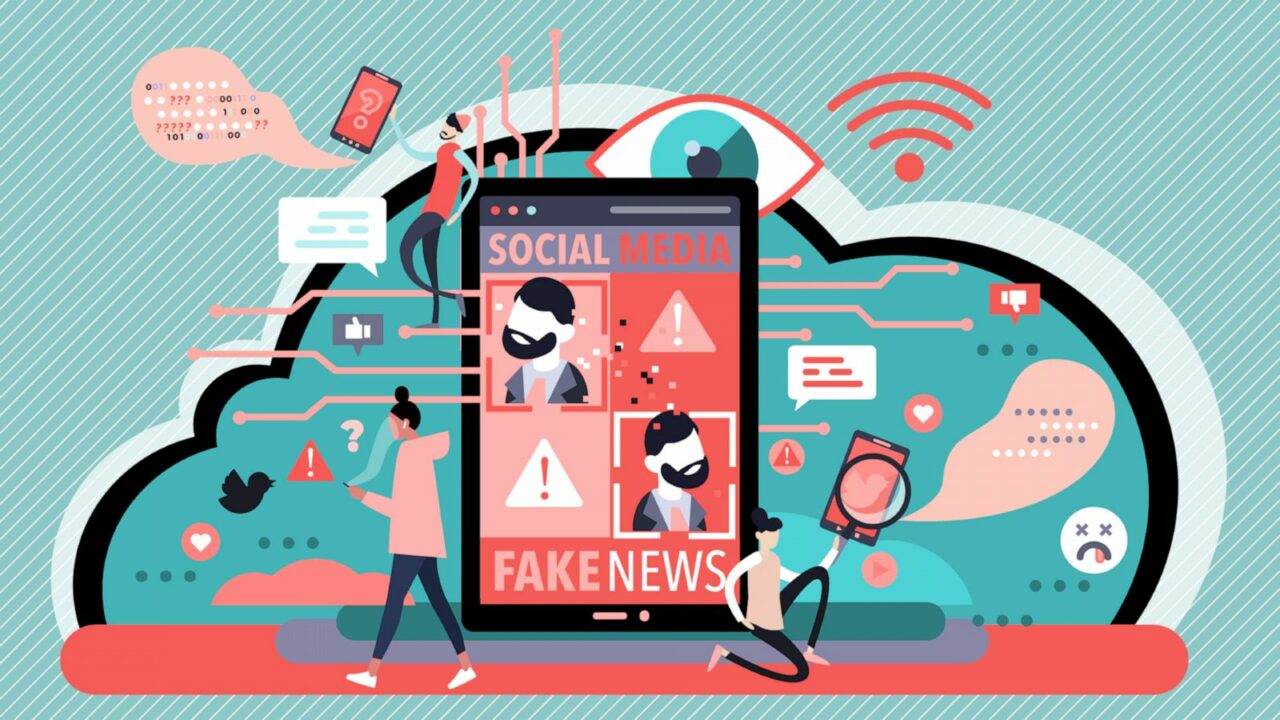Welcome to my fourth blog post for week five of EDCI 338. I will answer questions about social media use, personal learning networks, and media literacy.
How do notable individuals use social media?
First, a notable individual is viewed as an important figure, and their name might even be a household name. Examples of notable individuals may be prime ministers or presidents, popular content creators, and celebrities. Most of these notable individuals have some social media account, and if they have a social media account, we all most likely follow them. Notable individuals use social media and their mass amounts of followers for self-promotion. For example, successful celebrities use social media to help publicize their brands and keep their names relevant in pop culture. Frequent use of social media helps to keep notable individuals in the eye of the public, ensuring their names are never forgotten.
As many notable individuals do, engaging with a public audience in the media space carries many risks and benefits. The benefits of engaging with the public audience in your media space can be exposure and publicity. Sharing more frequently increases your exposure, giving you more publicity. In turn, more people will come to learn your name and perhaps love your brand. However, risks of engaging with a public audience in a media space can include a difference of opinions among yourself and your viewers and experiencing negative replies and critiques. Having different views among yourself and your viewers can cause negative comments, and experiencing negative responses and reviews about yourself can damage your mental health. Further, experiencing negative replies and critiques can cause you to feel you must reply to these negative critiques. However, addressing comments may not be the best idea when we are in emotionally volatile states.

What are the benefits of being in the public eye and having a PLN?
Being a notable individual, you are most likely in the public eye, which comes with the benefits. Some of the benefits include receiving special treatment, being recognized wherever you might go, being a role model to many individuals worldwide, and having an abundance of new opportunities. Essentially, notable individuals with social media have so many followers that someone will recognize them no matter where they go. Because of this recognition, these people may receive preferential treatment and attention. However, these individuals can use their PLNs and massive platforms for good. Again, a PLN is the network of people we connect with over online media to share opinions, thoughts, and concerns. Having a PLN in the public eye Can help you broadcast important information and spread awareness about topics and issues that are important to you. The more people are aware of these issues you care about, the more people can do something about it! This mass publicity can be life-changing for certain people, organizations, and topics.
Building a community with online tools provided by the employer can be limiting. What are the perceived restrictions and benefits?
Often, employers utilize in-house means of communication, which can have its benefits, but also be limiting and restricting. For example, Establishing an in-house communication platform allows all information to be readily available and accessible to its employees. However, these employer-implemented community platforms serve the people inside the company, and all the information shared over this platform is limited to said company. In turn, there is not much room for diversity.
Delivering information in a connected society requires verifiable resources. So how do you build a PLN to rely on?
Building a PLN requires searching for those who deliver information you agree with and using verifiable resources. People who use verifiable resources are typically viewed as reliable. Following their content and information, you can rest assured you will be informed. Your digital identity and reputation reflect who you are as an individual. Constructing your PLN and the people you associate with in a way that reflects your beliefs and values is crucial.

How do those, who are veteran storytellers, minimize the risk of sharing misinformation?
Veteran storytellers typically have a lot of followers and subscribers and thus a lot of media coverage. Because so many people are tuning in to what veteran storytellers have to say, these storytellers must share factually accurate information. In the wake of COVID-19 misinformation, UNHCR shared this document of ten tips to minimize the sharing of misinformation via social media. Some suggestions made to reduce the sharing of misinformation follow:
- It is important to press pause! Social media moves quickly, and it is essential to take breaks.
- Check the source!
- Is the message criminal or dehumanizing?
- Do you truly understand the material and the issue you are reading about?
What is media literacy? Why is it important? Why is it dismissed?
Media literacy, simply, is the ability to analyze and understand media messages (Hirst, 2018). Media literacy is crucial because it helps us become wiser consumers of media and responsible producers of our media (Fresno Pacific Staff, 2018). Further, media literacy helps us develop critical thinking skills (Fresno Pacific Staff, 2018). Despite being so crucial, media literacy is often dismissed, but why? As stated by Julie Smith, we tend to be more interested in what we believe than what is actually true (Miller and Smith, 2021). Instead of looking up factually accurate information, we look for information confirming our beliefs. This is known as a confirmation bias.
Further, open dialogue about media literacy and factual information can easily create conflict because of our confirmation biases. Once people confirm their beliefs, it is nearly impossible to change what they believe and show them that the information they have found to verify their beliefs is false. Thus, media literacy is wholly disregarded and dismissed.
Why should you aim for varied views but the factual consensus in your PLN?
Sharing our thoughts and opinions through our PLN will attract people with varied opinions. It is essential to aim for mixed views to consider other arguments and beliefs. We must be cautious and create a factual consensus within our PLN. We want people to trust us and our opinions, and we must use trusted resources and verifiable information.
Further, there are benefits of having a PLN that values media literacy. For example, Creating a PLM that values media literacy will help spread awareness to others that media literacy is an essential skill to understand and assess the messages they are reading on social media.
I hope you all learned something and enjoyed the read 🙂
Amelia
References
Fresno Pacific Staff, (December 17, 2018). Why do today’s students need media literacy more than ever? Fresno Pacific University. https://ce.fresno.edu/news/why-today-s-students-need-media-literacy-more-than-ever/
Hirst, M. (2018). Navigating Social Journalism: A Handbook for Media Literacy and Citizen Journalism (1st ed.). Routledge. https://doi-org.ezproxy.library.uvic.ca/10.4324/9781315401263
Miller, J., and Smith, J., (June 6, 2021). Media Literacy. EDCI 338. https://www.youtube.com/watch?v=57r3-aEnci0

shiyuchen
Hello, Ariehl.
Thank you for your fourth blog, I enjoyed reading it. I think that notable individuals who use social media to engage people need to consider how they want to be impactful. I was always wondering how we define “notable”, in Chinese “notable” means “to be seen”, but people who have public figures, do not always make good use of their voice. As you mentioned celebrities, many celebrities focus on themselves, but not on how they could unite others in achieving what we think a PLN could achieve. I think the interviews that professor Miller conducted, presented the discussion of how people use their PLN to either further their ideas, or spread important values. Do you think a person that gains publicity is obligated to use their public figure to do positive things?
Looking forward to your reply!
ariehl
Hi there!
Thank you for the comment! You are right – notable individuals who use social media need to consider how they want to be impactful. I too believe this. I think a person with an online platform is obligated to use that to share positive things. For example, share accurate and valid information about important events and lift everyone. Regardless of how popular one might be on social media, no one should ever use their platform to share harmful and hurtful content.
Amelia 🙂